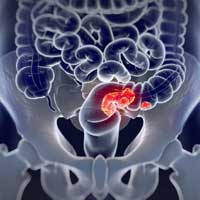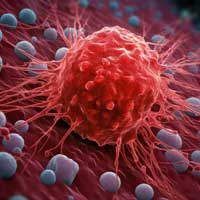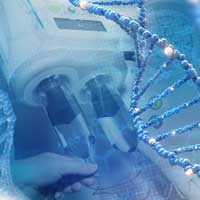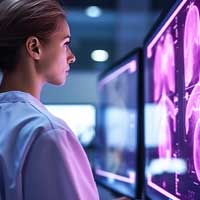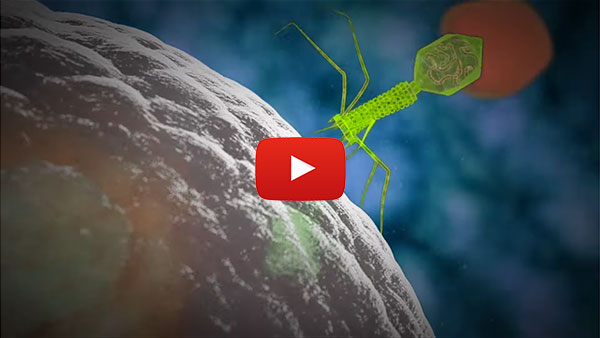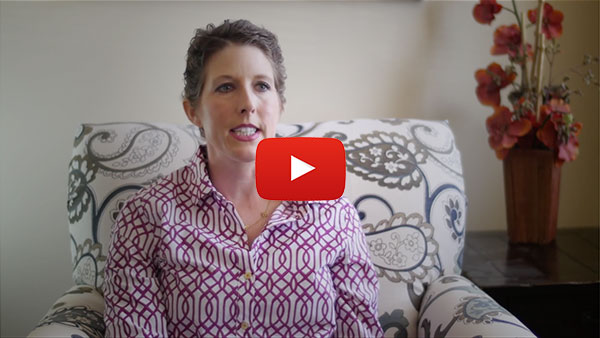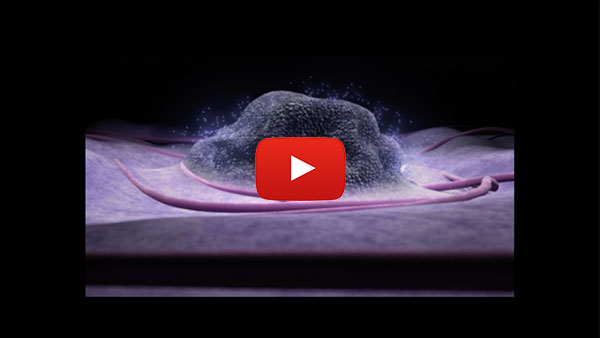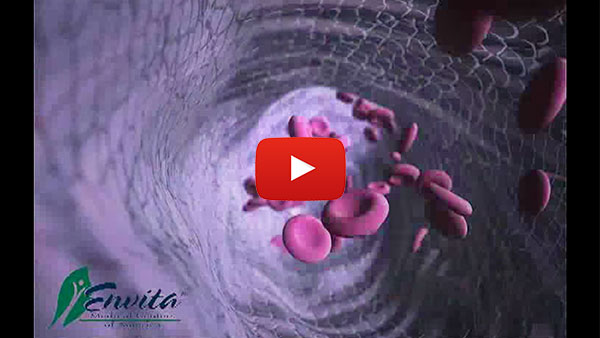Important Intravenous Nutrients for Cancer Patients
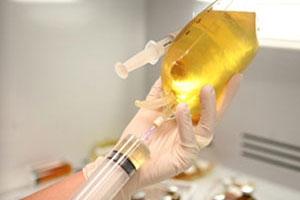
Intravenous therapy developed when the late John Myers. M.D. discovered that by delivering nutrients intravenously, his patients experienced noticeable improvement in a wide range of clinical conditions, often with dramatic results. Since the beginning of the century, orthomolecular medicine, better known as the study of nutrition, has been researched extensively.
Intravenous therapy developed when the late John Myers. M.D. discovered that by delivering nutrients intravenously, his patients experienced noticeable improvement in a wide range of clinical conditions, often with dramatic results. Since the beginning of the century, orthomolecular medicine, better known as the study of nutrition, has been researched extensively.
Patients Benefit Greatly From Intravenous Therapy With Cancer Nutrition
Intravenous delivery of nutrients can achieve serum concentrations (blood levels) that are obtainable orally or via intramuscular injections. Many vitamins have significant therapeutic benefits when provided in correct dosages. Intravenous vitamin therapy allows for nutrients to be administered directly into circulation, providing quick, much-needed results. After only a few treatments, patients typically notice more energy and stamina, improving resiliency and quality of life. Moreover, such patients stay hydrated and suffer less with nutritional deficiencies commonly experienced by other cancer patients.
Ideal Potency Achieved Via Intravenous (Non-Oral) Vitamins
Intravenous nutrients are the highest quality of biomolecular nutrients available. Their quality, purity, and dosages are far superior to that of oral vitamins. When patients take over-the-counter vitamins, the GI lining is unable to fully absorb adequate nutrition, so therapeutic levels are not achieved. This is one of the reasons why clinical results are far superior with the administration of cancer nutrition via intravenous nutrients for patients.
It is not uncommon for cancer patients to have tremendous nutritional needs. Some of this is due to the disease itself, while depletion and dehydration caused by toxic treatments like chemotherapy also play a role. Symptoms may manifest themselves as fatigue and a weakening of the body's defense mechanisms. An immediate difference is often noted with the addition of nutrition via intravenous delivery.
No More Antioxidants, Says The Oncologist!
Conventional Oncologists are unequivocally wrong when they call for the cessation of antioxidants. Chemotherapy and radiation use Reactive Oxygen Species (ROS), also known as free radicals, to perform their cancer cell-killing function. An old Mayo Clinic study from the late 1970's attempted to show that antioxidants could actually stop chemotherapy's action. In doing so, Mayo attempted to undermine Linus Pauling's research.
However, the study only focused on oral vitamin C delivery, thereby overlooking the results of intravenous delivery. Unfortunately, the misguided report got out and many oncologists still hold to this drastically inaccurate position despite literally thousands of papers that clearly disprove it.
More than anything, we can deduce that medical and fellowship rotations teach next to nothing about cancer nutrition. Rather, it seems the focus remains on a single-minded, "pharmaceuticals only," approach. Next time you run into a medical school student just ask the question, "How much training did you receive in nutrition or any alternative therapies?" You will probably be looked at as though you have five heads.
And the story does not end here, not without a powerful dose of irony, anyway. Antioxidants be damned, intravenous high-dose Vitamin C can't even be considered one any longer. Rather it becomes an oxidative therapy, creating more ROS that actually potentiates chemotherapy. So in reality, the Vitamin C actually serves to help the chemotherapy work better while improving the quality of life for patients.
Cancer Nutrition Requires Therapeutic Levels
Therapeutic results are impossible to achieve with oral vitamins in chronic disease and cancer patients. Cancer patients need high dosages of bioavailable nutrients that are instantly accessible to the organs, tissues, and cells. Why? Because many of these patients suffer from hypovitaminosis, a deficiency of nutrients caused by degenerative disease or medications. Intravenous nutrients can instantly replenish vitamins to normal levels and speed patient healing and recovery time. If a patient were to ingest therapeutic dosages of cancer nutrients, they would likely develop unpleasant side effects like diarrhea and would not be able to absorb the critical levels of nutrients. Intravenous vitamins have direct pharmacological effects and are more effective than most oral and intramuscular vitamins.
Electrolytes And Hydration Imperative For Cancer Nutrition
A number of chronic conditions and cancers leave patients prone to dehydration. These decreases in electrolytes and physiological fluid can severely impair cells of the body. Intravenous nutrients and electrolytes are delivered in physiological solutions which quickly hydrate the body. Therefore, such delivery through the veins is paramount for hydration and nutrient absorption.
A Simple Intravenous Cancer Nutrition Case Study
Bob, a 56-year-old patient with fatigue, was ingesting five to fifteen thousand milligrams of vitamin C daily. This amount of oral vitamin C was causing him great stomach irritation and discomfort. Unfortunately, Bob's absorption paled in comparison to the unpleasantness of his unnecessary side effects.
Most of what he swallowed was passing directly through his system. Envita doctors recommended that Bob begin a 75-thousand milligram intravenous vitamin C drip. After six treatments, he reported having more energy, a stronger immune system, and no more stomach discomfort.
In chronic conditions and cancer, vitamin C is neither effective nor therapeutic unless it is delivered in particularly high dosages. When vitamin C is given intravenously, it is often enriched with up to twenty additional nutrients, including amino acids, minerals, and other vitamins. Simply put, there is no way to supplement oral vitamins for intravenous nutrition. Visit Vitamin C Cancer Envita's Peer research paper.
A Need For Ongoing Intravenous Cancer Nutrition
Intravenous therapy is used during treatment protocol for patients who have chronic conditions and cancer. That being said, intravenous therapy can also be used in the maintenance of health with patients seeking prevention or to maintain/enhance immune function. The frequency of intravenous therapy depends on each individual case and each patient. Oral nutrients can be used in conjunction with intravenous therapy to help establish balanced nutrition.
Intravenous Therapy Of Great Help To Elderly Cancer Patients
The elderly oftentimes grow weaker and increasingly more fatigued largely due to poor GI absorption. Cancer treatment can magnify these effects. So, for such elderly cancer patients, an ongoing support of intravenous nutrients can keep them enjoying a healthier and more active lifestyle while helping to prevent diseases in their golden years. A major difference is seen in elderly patients who incorporate an intravenous nutritional therapy regimen compared to those that do not.Intravenous Cancer Nutrition For Anxiety, Depression And Stress
Patients dealing with copious amounts of stress typically respond well to replenishing their nutrients via intravenous delivery. Intravenous nutrients positively affect conditions such as anxiety and depression and help to balance vitamin deficiencies which can improve mental states and the nervous system. Patients under emotional stress or those who are using medications typically deplete their body's nutrition more rapidly than the average person. For this reason, replenishing nutrients intravenously yields great benefit.
The most effective and aggressive method of prevention in a cancer patient's health involves the use of intravenous cancer nutrition. Intravenous nutrition helps antioxidants, vitamins, amino acids and minerals stay at healthy levels throughout the body.
Intravenous cancer nutrition insures two to three times the serum concentration of vitamins in the blood, making these nutrients immediately available for the cells, tissues, and organs of the body. Thereby, the cells can repair themselves, making intravenous therapy one of the strongest methods to prevent numerous diseases and slow the aging process. Intravenous cancer nutrition should be combined with a diet for cancer.
At Envita, we can help you with oral and intravenous cancer nutritional protocol that is customized to fit your precise needs.












